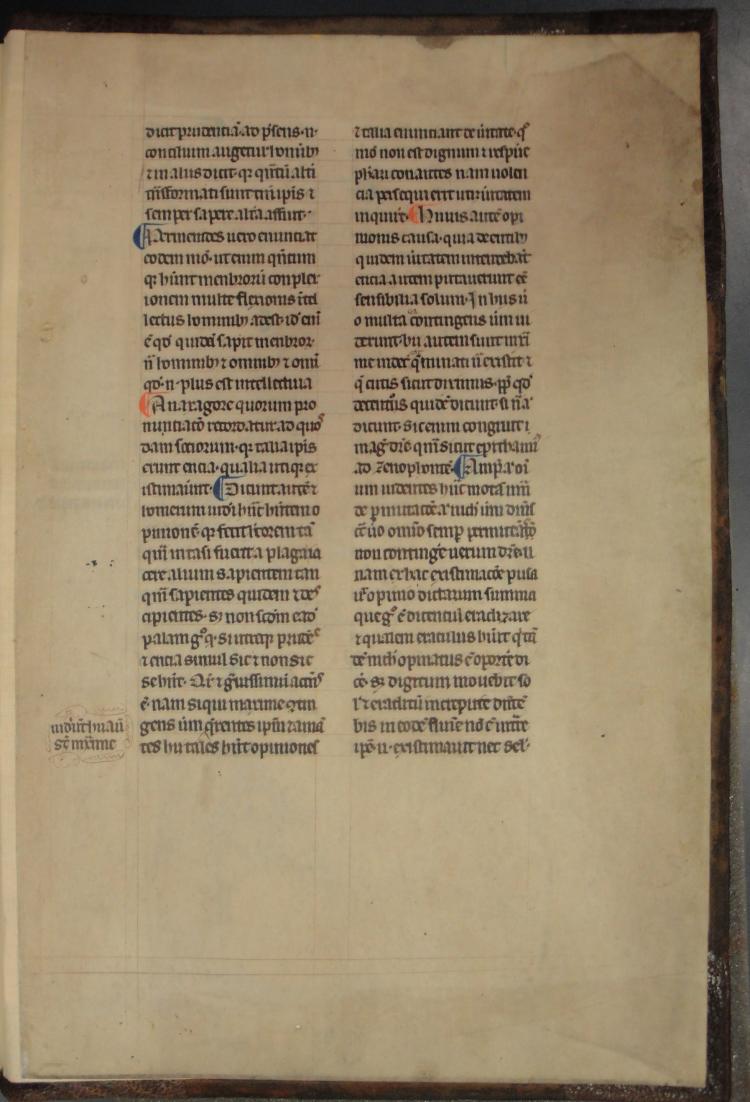Dr Ryan Perry, ‘A New Look at the Common Profit Book Phenomenon in Fifteenth-Century London' - Thursday 1 February, 5pm, DLT1.
Dr Ryan Perry’s research focuses on the situation of texts within their material contexts; that is, within the hand-made books produced, patronised and read by medieval (and Early Modern) consumers. He has published on the ways in which the people who read (and heard) Middle English texts may have responded to them, what meanings literature held for contemporary audiences, and what the books that carried these texts tell us about literary reception. In 2020-23, he was the Principal Investigator for a large grant funded by the Leverhulme Trust, Whittington’s Gift: Reconstructing the Lost Common Library of London’s Guildhall. The project investigates the idea that the fifteenth-century manuscript record, which reveals an extraordinary explosion in the production of miscellaneous religious books in London, testifies to a pastoral drive, a ‘ground up’ movement that facilitated clerical ministrations and a growing demand for spiritually improving literature amongst the citizenry. The project’s outputs will include a much-needed teaching and research anthology of Middle English religious literature (produced by the project team) and a monograph-length study of the ‘pastoral revolution’ at the heart of the project (to be co-written with Dr Kelly). The project application emerged from Ryan’s interests in ‘devotional manuals’, miscellaneous collections of varied religious texts. He contends that such books might have been the most ‘popular’ kind of book in the English language in the late Middle Ages, dwarfing the numbers of copies of texts such as Chaucer’s Canterbury Tales. He has co-authored (with Dr Stephen Kelly, QUB) research suggesting that fifteenth-century England should be understood as a period of ‘devotional cosmopolitanism’, rather than as a period of straightforward religious dichotomy (between ecclesiastical orthodoxy and Lollard heresy).
Please join us online on Teams here.

